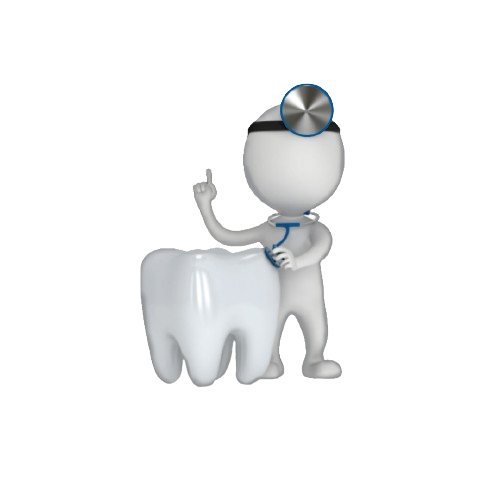A custom-made, tooth-shaped cap covers a damaged tooth to restore its shape, size, and strength. It is crafted from materials such as porcelain, ceramic, or metal alloys, crowns are designed to fit precisely over the affected tooth.
Why Might You Need a Dental Crown?
Crowns are necessary when a tooth is too damaged to be repaired with a filling alone. They are also used to protect a tooth following a root canal treatment or to cover a dental implant.
Types of Dental Crowns
Several types of dental crowns are available, each suited for different needs:
- Porcelain Crowns: Made from porcelain or ceramic, these are ideal for front teeth due to natural color, which blends well with your existing teeth.
- Metal Crowns: Constructed from metal alloys, these crowns are durable and often used for back teeth where strength is needed for chewing.
- Porcelain-Fused-to-Metal (PFM) Crowns: Combining porcelain with metal, these crowns offer both strength and an improved appearance.
- Zirconia Crowns: Made from a strong, tooth-colored material, zirconia crowns are durable and visually similar to natural teeth.
What to Expect During the Crown Procedure
The process for getting a dental crown typically involves several steps:
- Numbing the Tooth: Local anesthetic is used to numb the area around the affected tooth.
- Preparing the Tooth: The dentist removes any decay and shapes the tooth to fit the crown.
- Taking Impressions: Impressions are made to create a custom crown.
- Temporary Crown: A temporary crown is placed while the permanent one is being crafted.
- Placing the Permanent Crown: Once ready, the temporary crown is replaced with the permanent crown, which is cemented into place.
Benefits of Dental Crowns
Dental crowns provide numerous advantages:
- Restoration: They restore the function of damaged or decayed teeth.
- Protection: They protect teeth after procedures like root canals or implants.
- Aesthetics: They improve the appearance of discolored or misshapen teeth.
- Prevention: They help prevent further damage or decay.
Caring for Your Dental Crown
To maintain the longevity of your crown, follow these care tips:
- Brush Twice Daily: Use fluoride toothpaste.
- Floss Daily: Remove plaque and bacteria from between teeth.
- Avoid Hard Foods: Steer clear of foods that might damage the crown.
- Regular Checkups: Visit your dentist for routine cleanings and exams.
An effective solution for restoring damaged or decayed teeth. With proper care, they can last for many years and significantly contribute to your overall oral health. If you think you might need a dental crown, consult your dentist to explore your options and understand the procedure.




